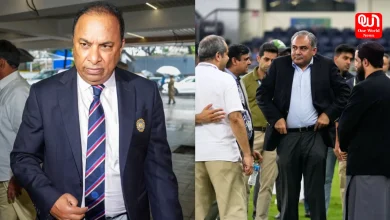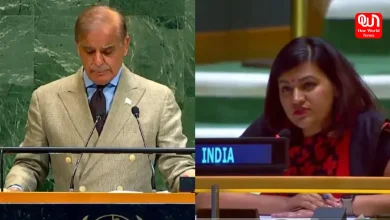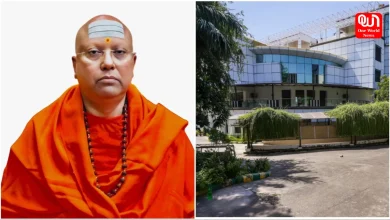Health Ministry Issues Alert On Dengue, Malaria Amid Rising Post-Monsoon Risks
Health Ministry issues alert on dengue, malaria; states urged to act swiftly with preventive steps, awareness campaigns, and healthcare readiness.
Health Ministry Issues Alert On Dengue, Malaria: States Advised To Strengthen Preventive Measures
In the wake of heavy rainfall and widespread flooding across several Indian states, the Union Health Ministry has issued a critical alert to state governments regarding the risk of vector-borne diseases. With post-monsoon conditions creating ideal environments for mosquitoes, authorities are concerned about a potential rise in dengue and malaria cases in the coming months.
The advisory, released following a review meeting chaired by Health Minister J.P. Nadda on September 11, calls on Chief Ministers to remain vigilant and personally oversee preventive measures. States have been asked to formulate detailed action plans within 20 days to mitigate risks and safeguard public health. Local bodies, including municipal corporations and Nagar Panchayats, are directed to lead awareness campaigns, educating communities about mosquito control and disease prevention.
Waterlogging caused by heavy rains has resulted in stagnant water accumulation in many regions, providing perfect breeding grounds for disease-carrying mosquitoes. Experts warn that without prompt preventive actions, the spread of dengue, malaria, and chikungunya could escalate rapidly. The Health Ministry’s alert stresses the importance of timely intervention, public awareness, and community participation to prevent outbreaks.
Government hospitals and central healthcare facilities have been instructed to ensure sufficient stocks of medicines, availability of testing facilities, and adequate hospital beds. In addition, hospitals are required to maintain mosquito-free environments to protect patients and staff. High-level meetings in Delhi-NCR have already been conducted to plan measures aimed at curbing a potential surge in dengue and malaria cases.
India has made remarkable progress in controlling malaria over the past decade. Between 2015 and 2024, malaria cases decreased by 78 percent, and malaria-related deaths have significantly declined. During 2022-2024, 160 districts reported zero malaria cases, while 33 states and union territories recorded fewer than one case. These achievements reflect the effectiveness of ongoing national malaria control programs.
Read more: Narendra Modi Manipur Visit: PM Inaugurates Key Projects Across Northeast
Despite these successes, the Health Ministry has highlighted the continued need for vigilance. The advisory underlines that post-monsoon months are particularly high-risk periods for vector-borne diseases. States are encouraged to monitor disease trends closely, implement preventive measures promptly, and maintain strong communication with local communities about risks and precautionary steps.
Preventive measures recommended include eliminating stagnant water from household and public areas, using mosquito repellents and nets, and ensuring proper sanitation. Awareness campaigns should focus on early detection, encouraging citizens to seek medical attention promptly if symptoms appear. State authorities are also tasked with coordinating between municipal bodies, healthcare facilities, and local communities to ensure effective implementation of these measures.
The Health Ministry’s alert reinforces India’s commitment to achieving a malaria-free nation by 2030. While the country has made significant progress, continuous preparedness, robust monitoring, and community engagement are essential to avoid the resurgence of dengue, malaria, and other vector-borne illnesses. The advisory serves as a reminder that public health safety requires coordinated action at both administrative and community levels.
Read more: Nepal Parliament Dissolved as Sushila Karki Becomes Interim PM Ahead of 2026 Elections
As heavy rains continue to affect multiple states, government authorities are urged to remain proactive, ensuring that preventive measures are executed efficiently. By prioritizing public awareness, healthcare readiness, and mosquito control, states can significantly reduce the risk of dengue and malaria outbreaks, safeguarding millions of citizens during the post-monsoon season.
We’re now on WhatsApp. Click to join.
Like this post?
Register at One World News to never miss out on videos, celeb interviews, and best reads.








